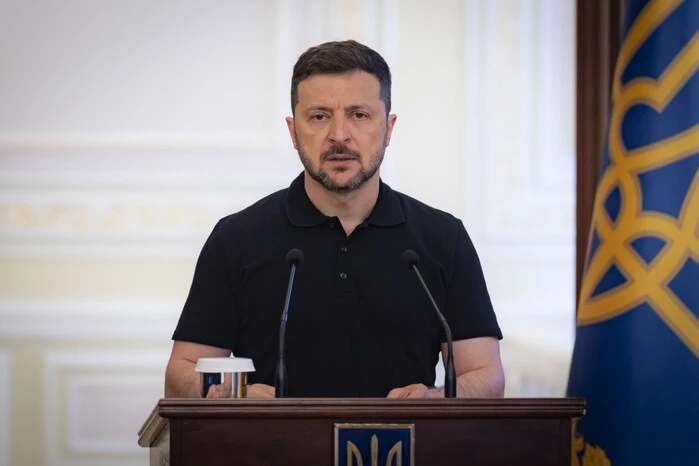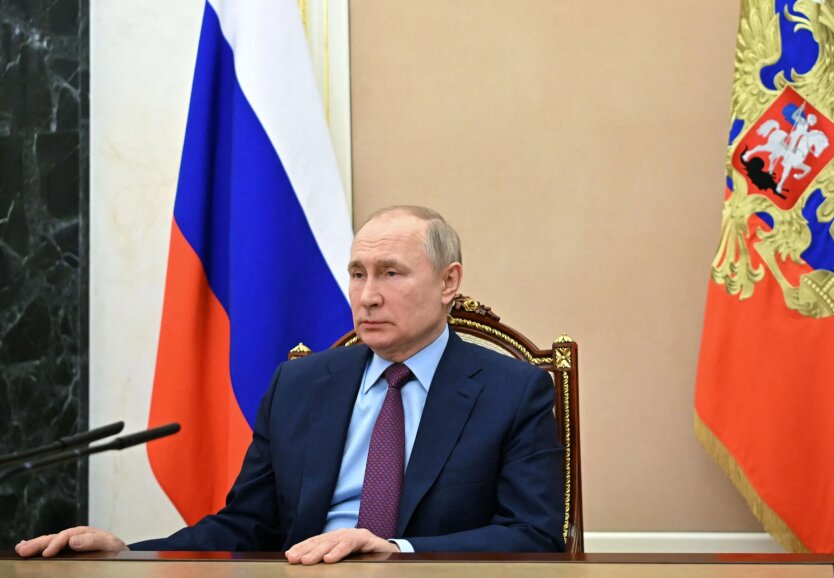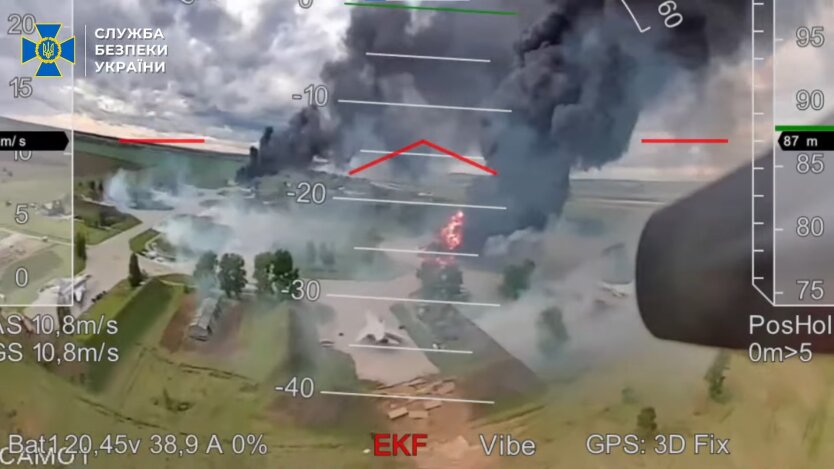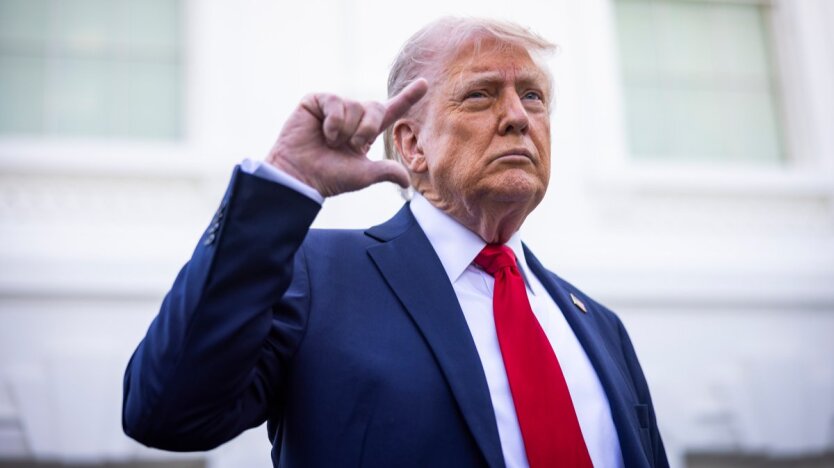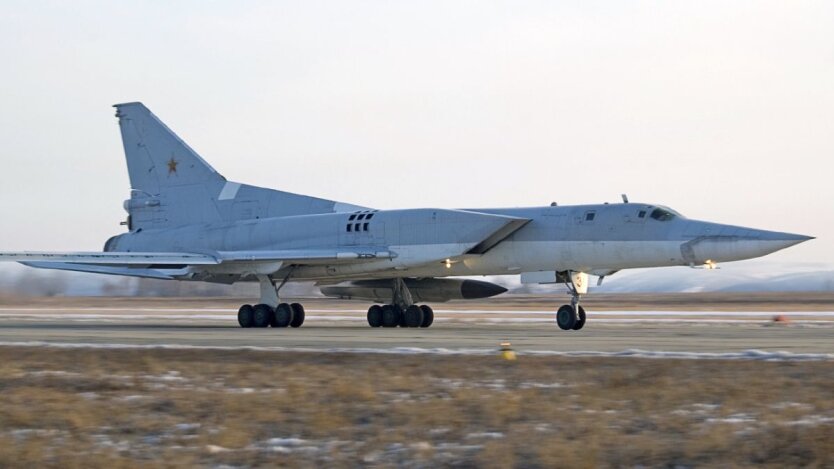WSJ explains why a ceasefire in Ukraine will be a critical blow to Putin.

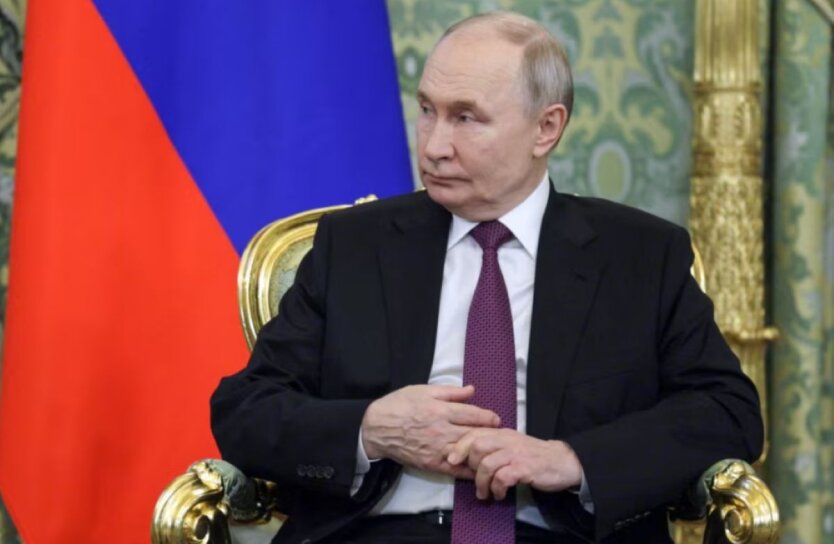
According to The Wall Street Journal, a possible peace treaty poses a risk for the Kremlin, as Russia's economic growth depends on the war with Ukraine. Large state spending on military production has helped the Russian economy avoid the impact of sanctions and has mitigated the effects of economic restrictions. However, if military production ceases as part of a peace treaty, it will become an economic risk for the Kremlin. Economists warn that the end of the war will put the Russian economy in a difficult position due to inflation, labor shortages, and limited growth opportunities.
According to Heli Simola, a senior economist at the Bank of Finland's Institute for Economic Research, at least 40% of Russia's economic growth until 2024 is directly related to the war. Furthermore, payments to Russian occupiers have improved the financial situation in the poorest regions of Russia. Analysts emphasize that to fill the potential financial gap that may arise from reduced military spending, the Kremlin will need to continue spending money at the same level. However, after the end of the war, the Russian Federation may achieve positive results, such as the lifting of sanctions, improved trade relations, and increased business confidence. Nevertheless, analysts recommend that the RF continue to invest in the defense sector to restore the combat capability of the army after significant losses on the front line.
Read also
- Zelensky spoke about the destroyed Russian 'Iskanders'
- They will not get a respite: Russia has issued an ultimatum to Ukraine
- A prominent historian explained what Ukraine's victory in the war with Russia will be
- The SBU showed a new video of the strike on the Russian bomber Tu-22M3
- Bloomberg reveals Trump's new plan: Ukraine is pushed to the sidelines
- SBU Operation 'Pavutyina' thwarted Putin's 'devastating strike' named 'Zeus's Lightning' - media

